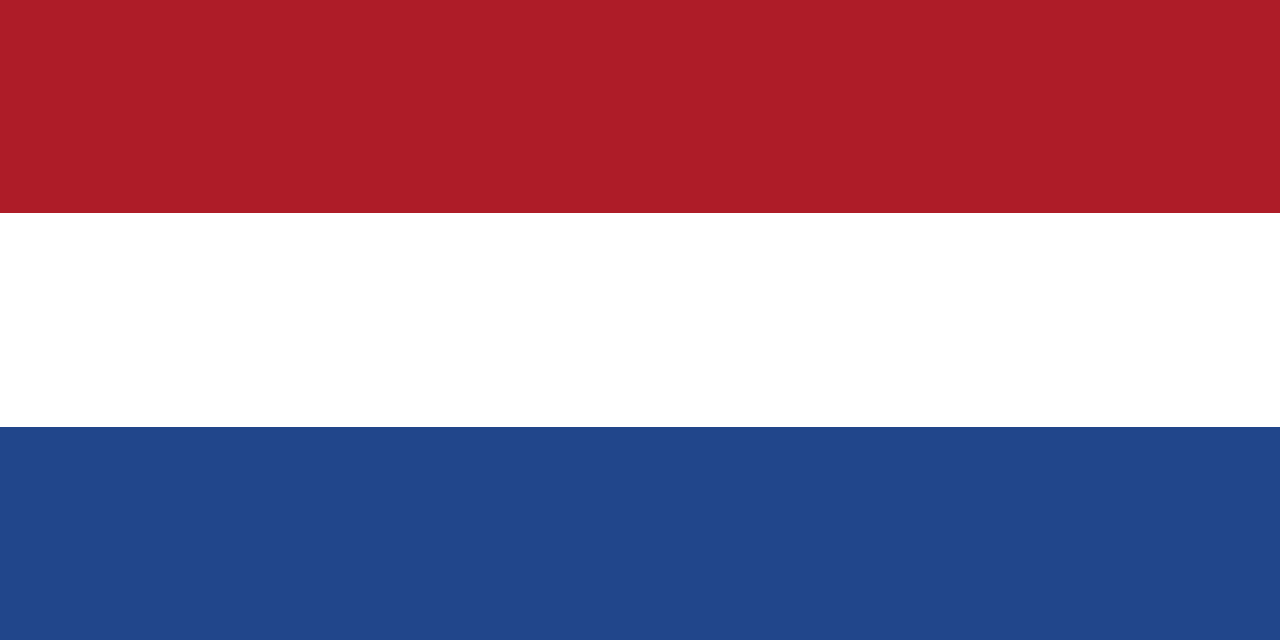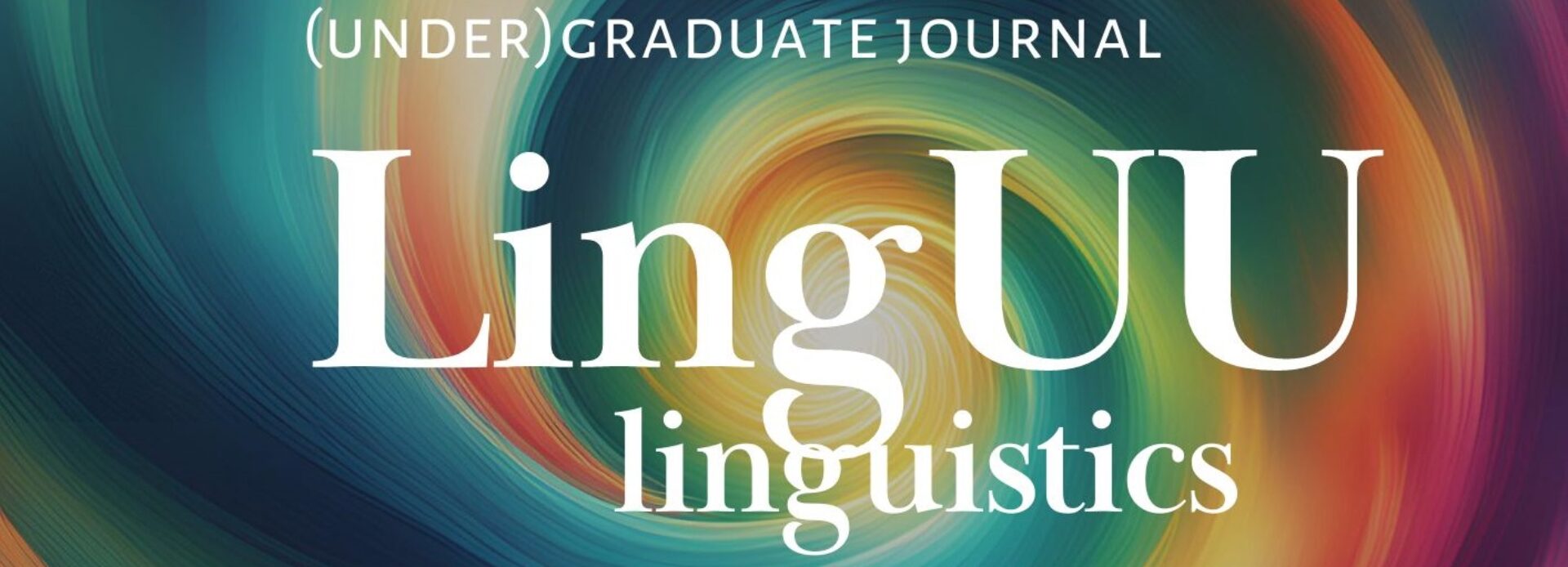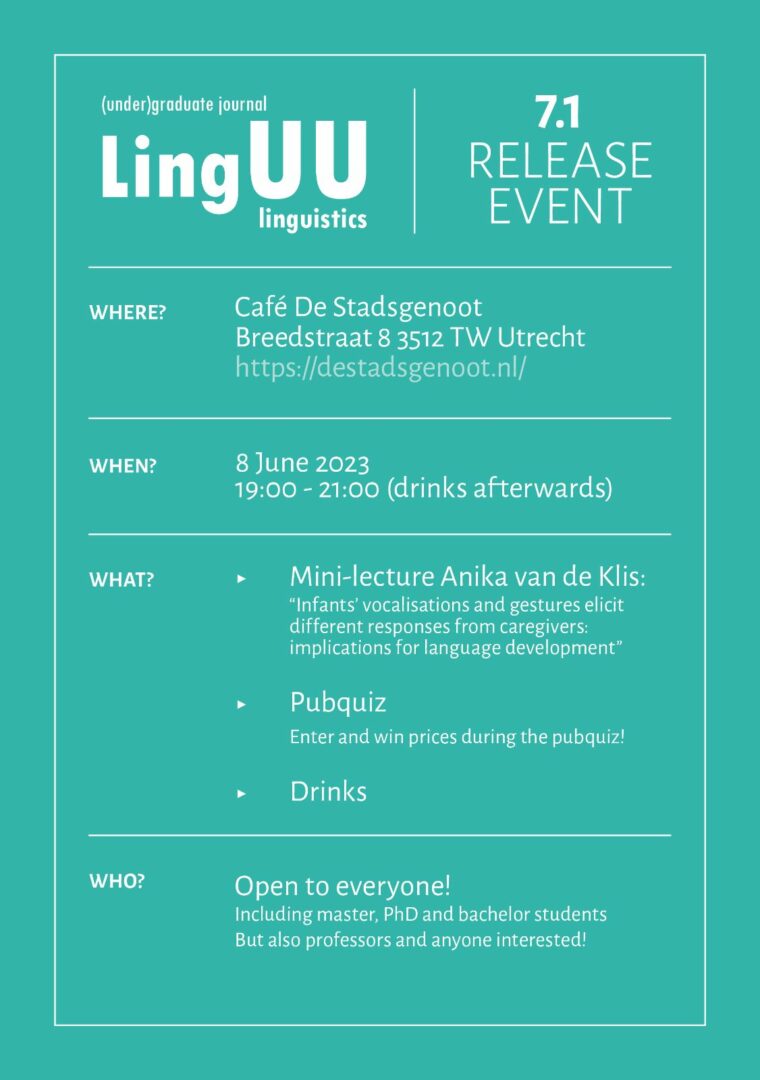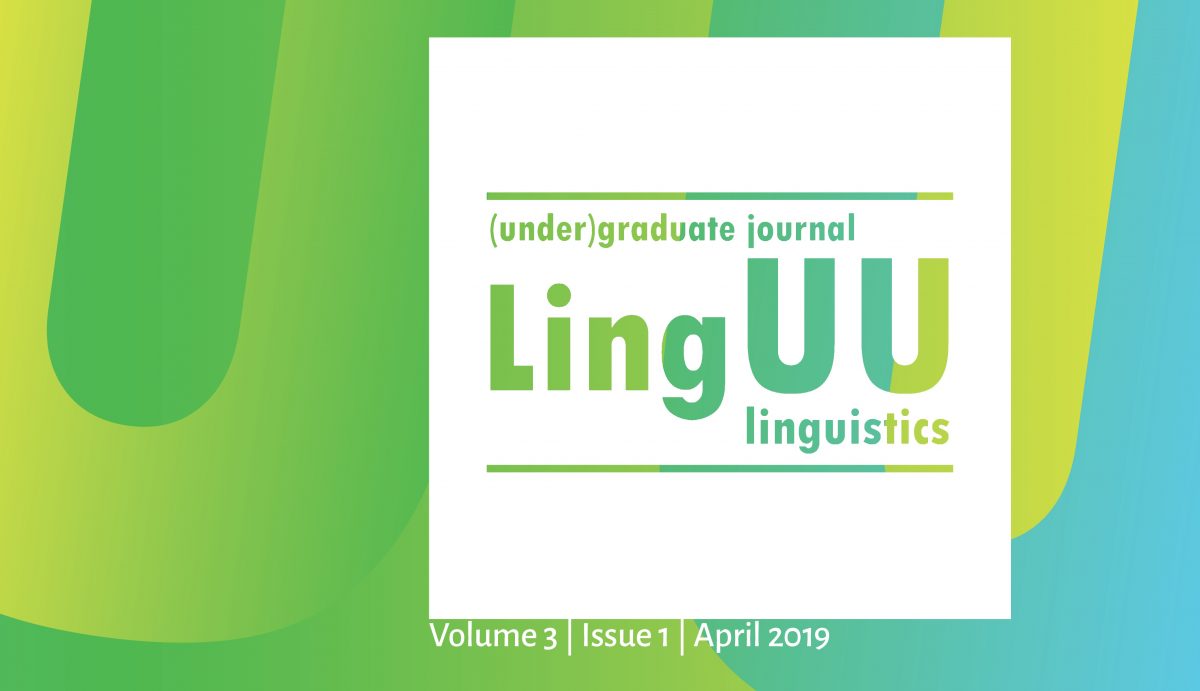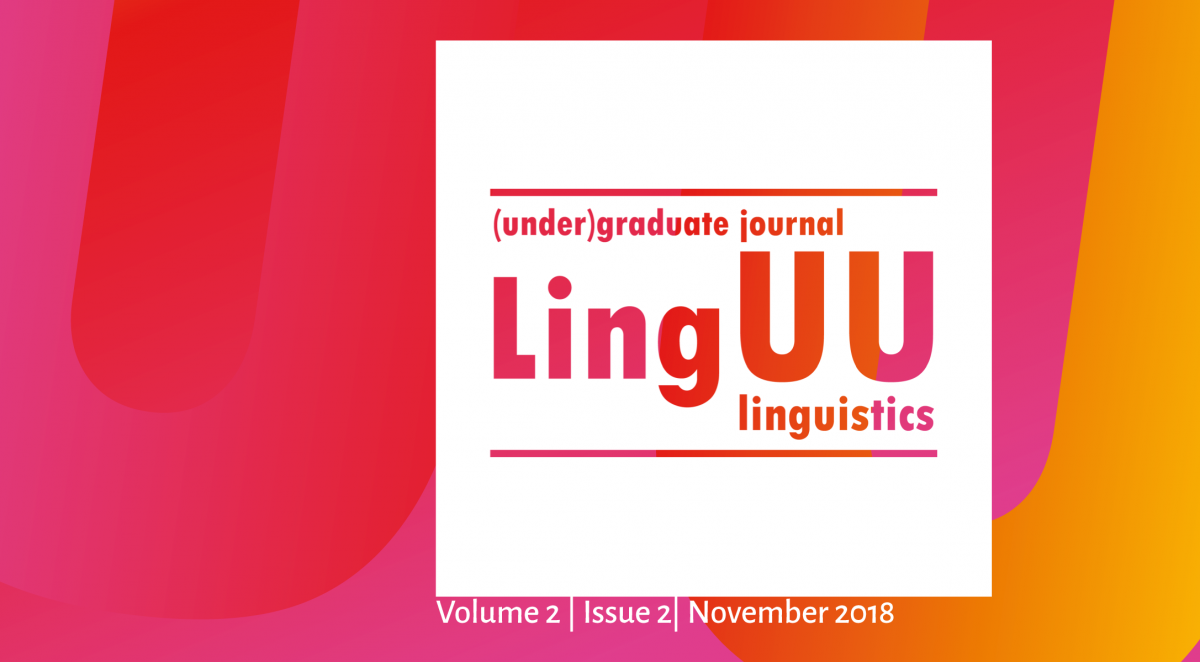LingUU 7.1 is out now! The seventh issue of LingUU Journal features articles on various linguistic topics, written by students from different BA and MA programmes. Download the entire issue, browse through the contents, or order a paper copy.
In her paper Cristina Reguera–Gómez uses SPE and autosegmental phonology as analysis tools, in order to measure the role of stress on dissimilation of the conjunction y in Spanish. Her findings support that stress is as important as dissimilation to ensure that the conjunction does not conflate with a neighbouring sound.
Bianca Mădălina Zgreabăn presents a step-by-step analysis of Romanian weak definites undergoing incorporation. Zgreabăn does so by extending a previously suggested analysis by applying the Discourse Representation Theory framework. A review is also made on both favorable and unfavorable arguments regarding weak definites undergoing semantic incorporation.
Bram van Beerendonk investigates how gravity and skewness of /s/ predict gay identity of young Dutch men in English as a second language. This was tested by recording the elicitation of spontaneous speech from 11 men (ages 20-25) and later on performing statistical analysis on the phonetical analysis of these recordings. According to the measurements, a more negatively skewed /s/ significantly predicted gay identity.
In this paper, Jiayi Zhou explores the adverbial NP (Noun Phrase) – shang as a case study of Chinese–Japanese language contact influenced by the use of the Chinese character shang. This discussion explores not only the adverbialized NP- shang itself along with its causes and paths of adverbialization, but also the paths and the effects of Chinese-Japanese language contact.
In her proposal, Martina Cola conducts a visual word paradigm eye-tracking experiment to investigate the processing of subjectivity of the Italian impersonal si constructions in neurotypically developed and autistic Italian monolingual native speakers.
In the column Intern Extern two second-year RMA linguistics students describe their experiences during their internship. Filipe de Carvalho interned at a tech company (Yoast Bv.), and thus worked outside of academia, whereas Sofia Archimandriti conducted her internship at the Max Planck Institute.
The Daily Linguist recommends some interesting linguistics related articles and discusses potential study and student associations you can join.
